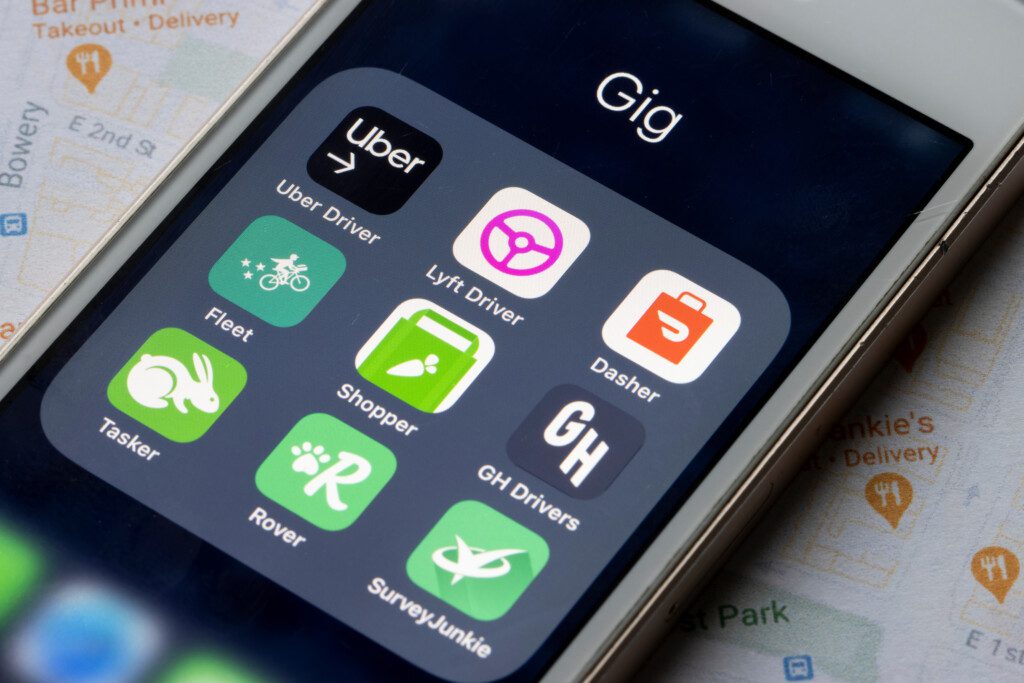In recent years, the gig economy has seen a surge in popularity and many platforms offer individuals the opportunity to be their own boss. Pioneers of this trend include companies like Uber, Lyft, and DoorDash, which allow workers to register as freelancers or open their own companies and work as independent contractors. But is this path a good choice?
What is the “gig” economy?
The gig economy, the current job trend, revolves around temporary, flexible jobs that deviate from traditional full-time employment. Gig workers, often freelancers, take on short-term projects facilitated by digital platforms. This decentralized workforce, which includes ridesharing, meal delivery, and freelance work, emphasizes flexibility but brings with it challenges such as financial unpredictability and the absence of traditional employee benefits. This evolving model of work marks a fundamental shift towards adaptive and agile approaches to professional success.
Flexibility and autonomy: a new way of working
One of the main benefits of becoming your own boss is the flexibility it offers. Setting your own schedule and choosing when you work can be a game changer for those looking for a better work-life balance. In addition, the possibility of higher earnings is often cited as a major benefit, as many gig workers have the chance to earn more based on the number of hours they devote to their efforts.
Independence beckons: the lure of autonomy
Another attractive aspect is the sense of independence that self-employment brings. No more reporting to a traditional boss or adhering to a rigid company structure. This independence allows individuals to pursue projects that interest them and take control of their professional destiny.

The price of independence: overcoming financial insecurity
However, before fully embracing the “be your own boss” mentality, it’s essential to consider the potential downsides. The absence of a reliable income and the lack of minimum wage protection can leave individuals vulnerable to financial instability. Unlike traditional employment, gig workers are not covered by labour protection laws, making them vulnerable to exploitation.
Navigating the legal section: the challenge of limited protection
In addition, independent business status may exempt individuals from various governmental protections established to ensure the safety and well-being of employed individuals. Health insurance, pension plans, and other basic protections can become unaffordable when a person chooses the path of entrepreneurship.
Weighing the advantages and disadvantages
Given these aspects, it is important to carefully weigh all the pros and cons. Being your own boss can offer freedom and flexibility, but it also brings risks and uncertainties. For many, the security of a traditional job with a stable income, employment protection and state support mechanisms is a safer and more reliable option.
We guide you to a secure career path
At Atena , we understand how important it is to strike the right balance between independence and security. Our mission is to connect individuals with job opportunities that align with their career goals, while providing the benefits and protections of traditional employment. Choose wisely and let Atena guide you to a fulfilling and secure career.
Choose certainty. Choose Atena!







